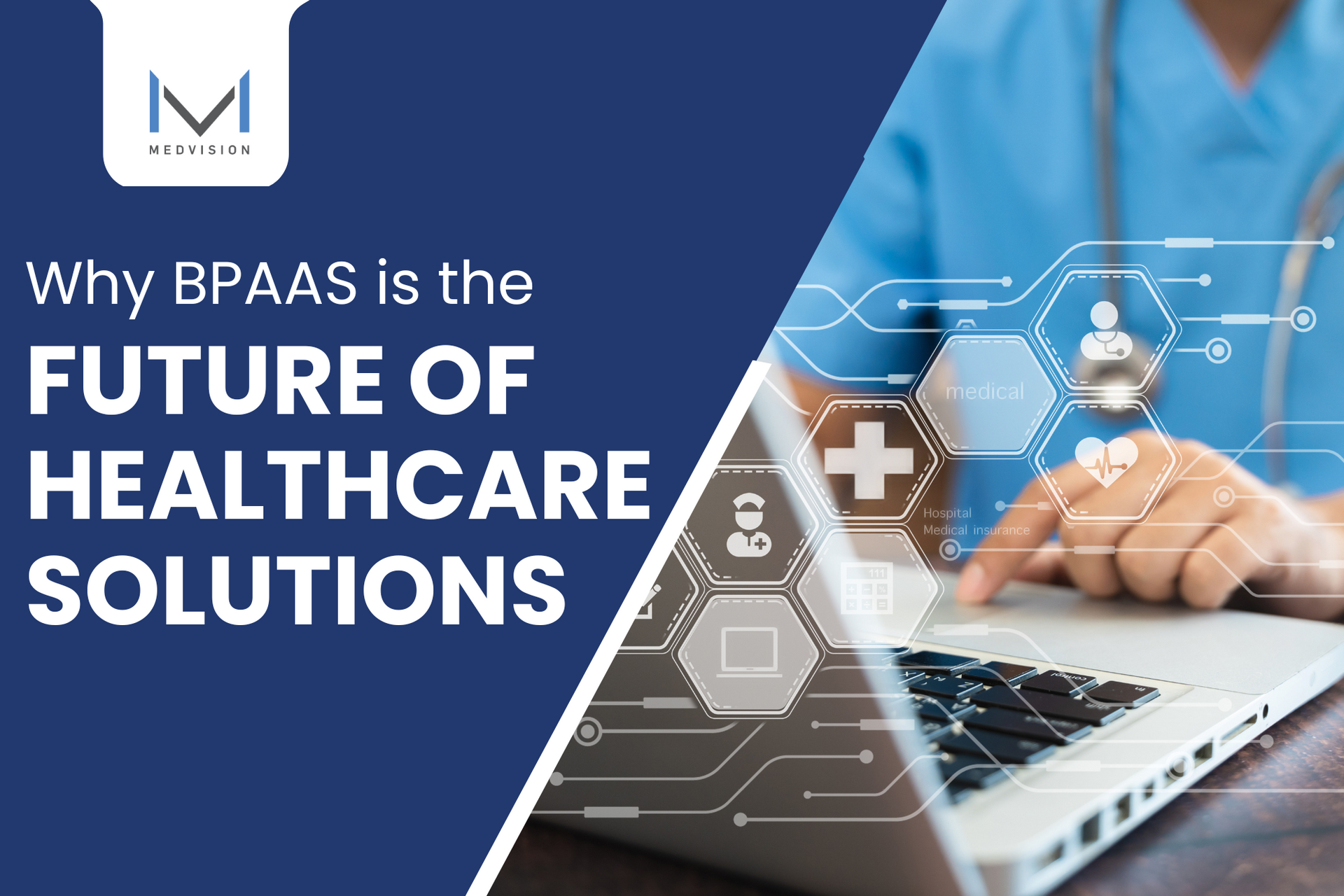Healthcare networks such as
Accountable Care Organizations (ACOs) can easily fall prey to ineffective patient care coordination due to outdated technology. This can result in inaccurate electronic health records (EHRs) which can drastically impact patient population and organizational processes. EHRs are real-time, patient-centered records that detail the entire health history of an individual. Without the right patient care coordination software, many ACOs are left with segmented applications that may pose interoperability problems.
Patient Care Coordination Issues That Disrupt ACOs
In a report by the Office of Inspector General (OIG) of the U.S. Department of Health and Human Services, ACOs still have yet to fully realize the use of technology. Many ACOs have integrated some technology into their systems although the software is often limited.
The OIG of the U.S. Department of Health and Human Services was able to identify some key point practices where the ACOs needed to improve. The following factors highlight the challenges that ACOs face in using their patient care coordination software:
Underutilized Analytics
Few
ACOs use analytics to create customized care for an individual patient. Patient data analytics play an important part in overall care coordination and in the total performance of the ACO as an organization. Missing or underutilized analytics data presents inaccurate care and costly delays to all parties involved.
Data Collection Issues
While ACOs see the
importance of data, they face challenges in the collection and analysis of information. It could possibly be that their current patient care coordination software is not versatile enough to gather all vital information that can be utilized in reports that actually benefit the patient. As a consequence, ACOs struggle to understand the patient population’s needs and risks.
Segmented Software
ACOs that used multiple EHR systems had issues with sharing information between providers. Compartmentalized software created disjointed collaboration where the ACOs had to rely on other means of communication just to share patient information. This often resulted in redundant operations and time-consuming workflows.
What Are the Areas for Improvement in ACOs?
In the same report, the OIG of the U.S. Department of Health and Human Services picked several factors that influenced the success of ACOs when delivering care coordination. While these factors form a portion of the whole ACO ecosystem, they are the most critical in handling quality patient care coordination. Organizations can easily uncover growth opportunities by addressing and improving upon these determinants:
Analytics Application
ACOs benefit from accurate data analytics in their care coordination. Once addressed, better delivery of care, reduced costs, and predictive analysis enable ACOs to generate gains without sacrificing service quality. Precise analytics and subsequent reports mean increased profitability due to higher data integrity.
Data Utilization
Collection of pertinent patient data and the generation of useful reports are the pillars of success for ACOs. A patient care coordination software that provides timely, complete, and quality data can help them understand the individual’s comprehensive needs. When applied, ACOs enjoy higher productivity and increased quality of care.
Integrated Software
Seamless operations within and outside of the ACO environment boost the overall efficiency of the organization. Software interoperability across provider networks has been identified as a challenge that can affect service delivery quality. Addressing this issue results in faster workflows with minimal to almost zero errors.
Simplified Operations Integration with QuickCap
The presence of streamlined patient care coordination software has been found to be extremely advantageous for top ACOs. Technology, when fully integrated and utilized effectively, can significantly aid ACOs in saving costs and increasing healthcare deliverables. The immediate availability of vital statistical analytics from data warehouse repositories enables ACOs to provide timely information to providers for quality care delivery.
With this in mind, Medvision pioneered QuickCap’s intuitive user interface (UI) to facilitate faster processing for more accurate results, resulting in lower costs and expenses. QuickCap offers seamless integration with multiple customizable interfaces for specific ACO functionalities. From vast data warehouses, ACOs can easily generate reports to display and share critical information, from patient history to claims management.
Discover what
QuickCap can do for your organization today.
















